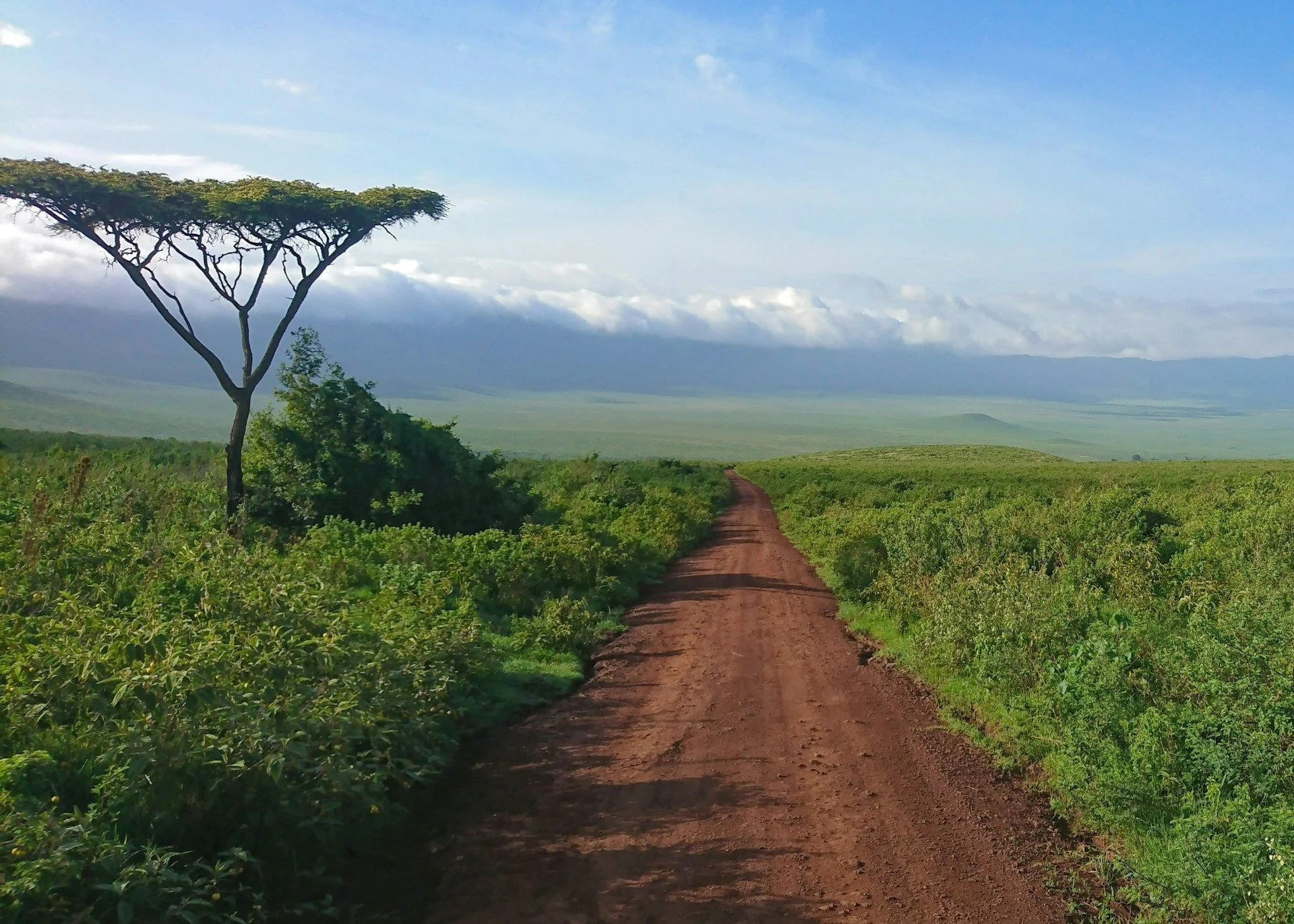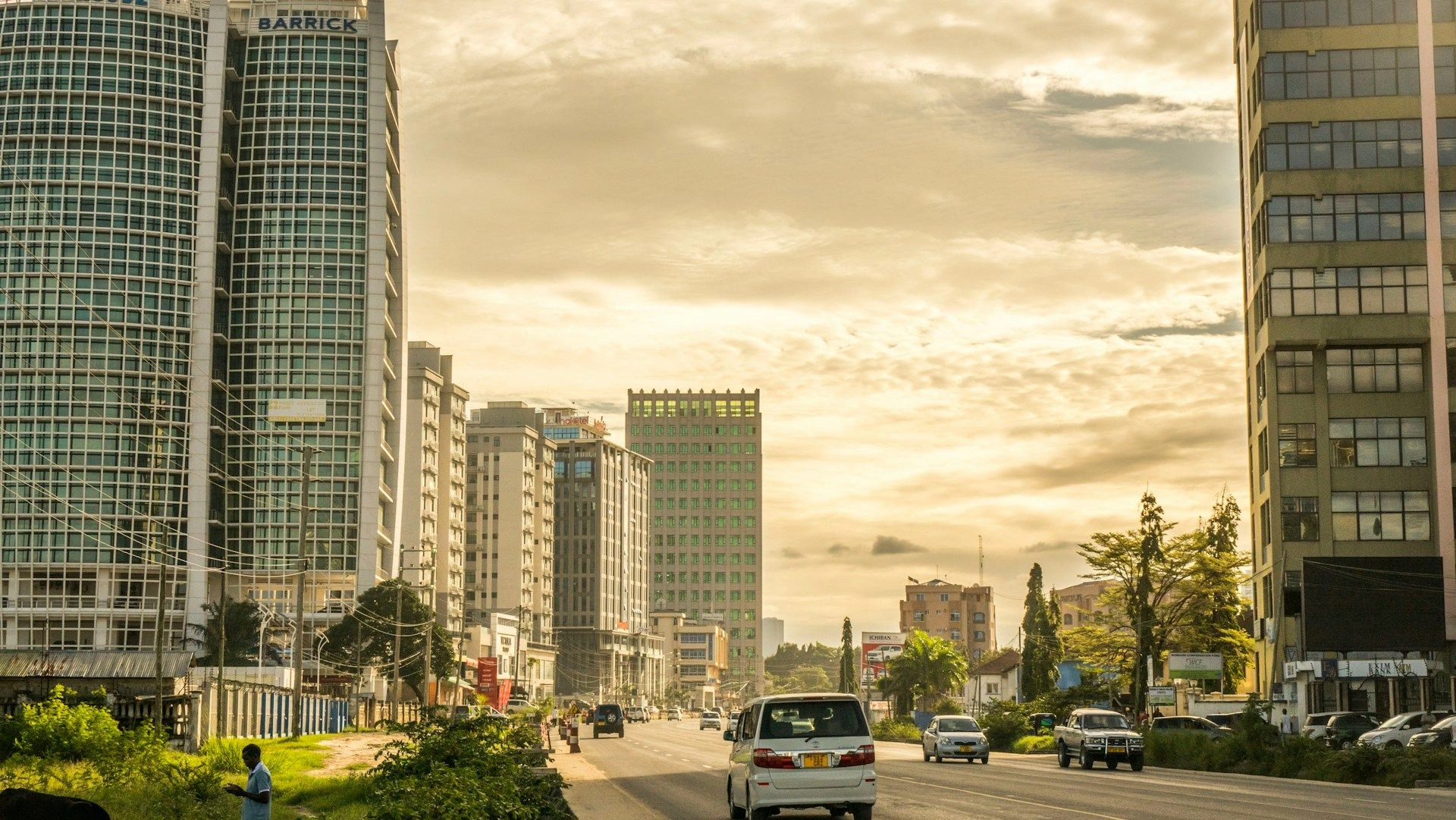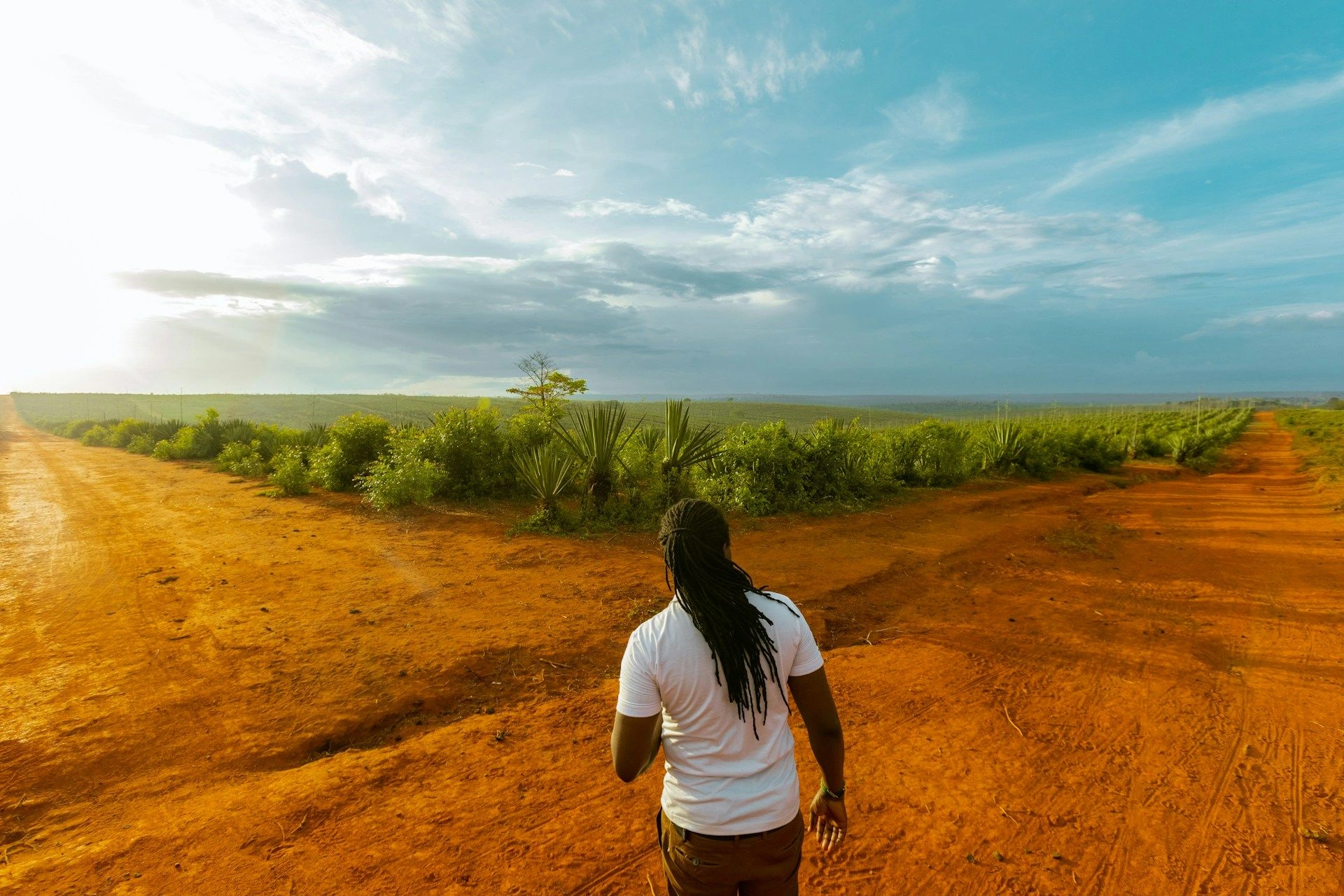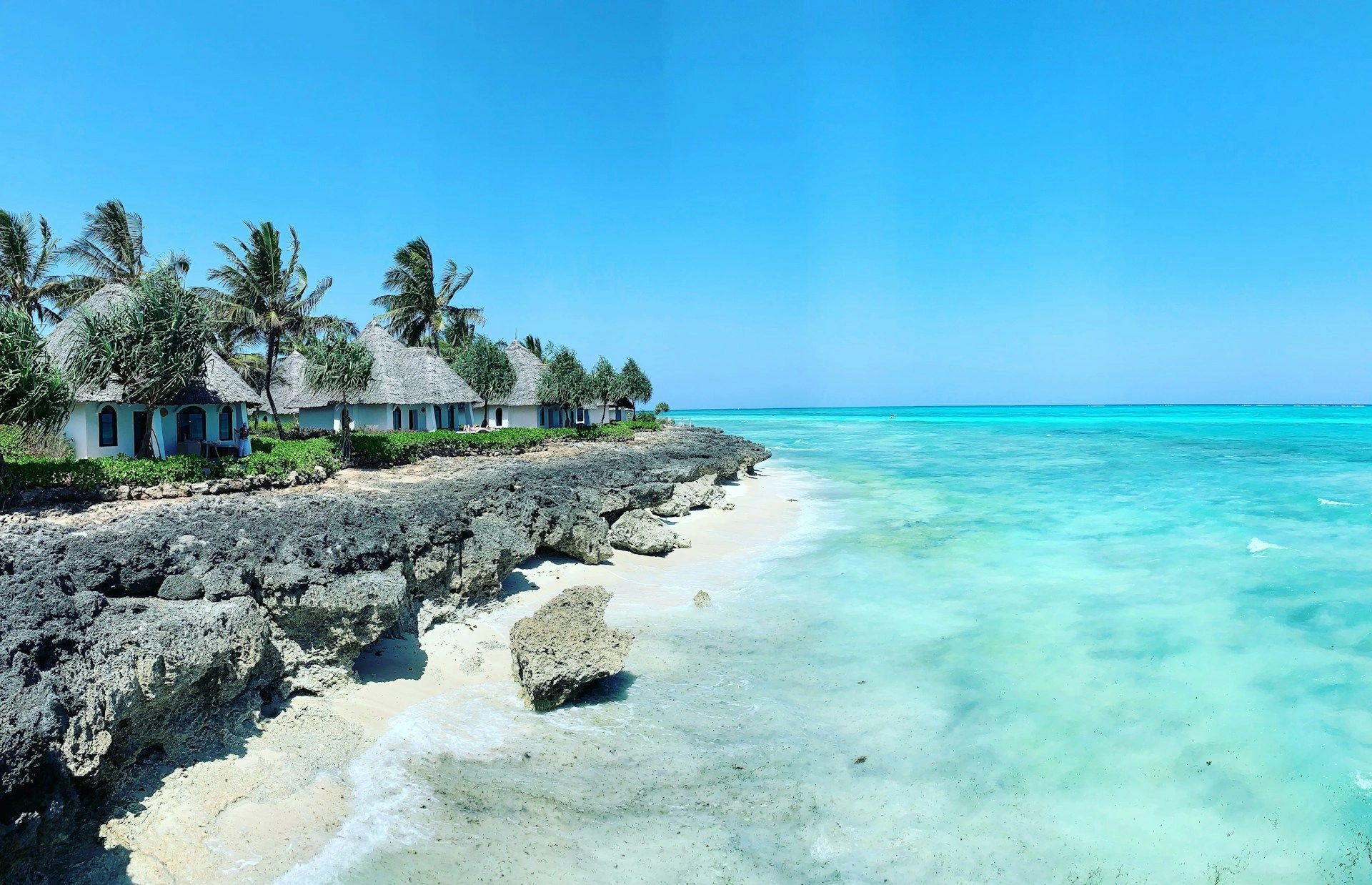Popular
cities and regions in Tanzania
Best offers
in Tanzania
Benefits of investment in
Tanzania real estate
Tourism drives rental and resort demand
Zanzibar and Dar es Salaam attract hotel, villa, and short-term rental projects fueled by steady tourist inflow.
Low land prices, limited competition
Affordable land and fewer foreign developers make Tanzania a strategic early-mover market.
Investment-friendly environment with lease access
Foreigners can invest through company structures, supported by national tourism and land programs.
Tourism drives rental and resort demand
Zanzibar and Dar es Salaam attract hotel, villa, and short-term rental projects fueled by steady tourist inflow.
Low land prices, limited competition
Affordable land and fewer foreign developers make Tanzania a strategic early-mover market.
Investment-friendly environment with lease access
Foreigners can invest through company structures, supported by national tourism and land programs.

Useful articles
and recommendations from experts
Real Estate in Tanzania: Investment Insights Across Mainland and Zanzibar
Overview: Tanzania’s Emerging Property Market
Tanzania, located in East Africa and bordered by the Indian Ocean, offers a mix of coastal, urban, and safari-based property investment opportunities. The country includes mainland Tanzania and the semi-autonomous region of Zanzibar, each with distinct legal systems. While the real estate market is developing, foreign ownership is highly regulated — investors can’t own land outright but may obtain long-term lease rights. Despite this, the market is gaining appeal due to tourism, infrastructure growth, and improving investment frameworks.
Ownership Structure and Legal Framework
Land in Tanzania is governed by the Land Act 1999 and the Village Land Act. All land is considered public and is vested in the President as a trustee. Foreigners may not own land directly but can acquire it through the following mechanisms:
- Right of Occupancy: Long-term lease up to 99 years granted by the government. Foreigners can apply through the Tanzania Investment Centre (TIC).
- Derivative Rights: Foreigners may lease land from TIC-certified investors for commercial or residential use.
- Company Ownership: Foreigners can form a local company (with at least 51% Tanzanian ownership) to acquire land for investment purposes.
- Zanzibar Leasehold: In Zanzibar, foreigners can lease property for up to 99 years, especially for tourism, residential, or commercial development. Titles are processed through the Ministry of Lands and Housing.
Investors should work with local legal counsel to navigate application procedures, due diligence, and approval processes.
Types of Property and Common Use Cases
Real estate in Tanzania varies by region and function:
- Residential Housing: Villas, townhouses, and apartments in urban areas like Dar es Salaam and Arusha. Gated communities are expanding in response to middle-class growth.
- Tourism Properties: Beachfront homes and eco-lodges in Zanzibar, safari lodges in the Serengeti, and boutique hotels in Kilimanjaro region.
- Commercial Assets: Offices, shops, warehouses, and retail centers in major cities.
- Agricultural Land: Available under special investment schemes, especially for tea, coffee, and horticulture projects.
- Industrial Land: Zoned land for logistics and manufacturing along economic corridors and near port infrastructure.
Urban development is concentrated in Dar es Salaam, Dodoma (the political capital), and Arusha. Zanzibar caters to lifestyle and tourism buyers.
Prices and Market Overview
Tanzania offers a range of property prices depending on region and property type:
| Location | Type | Average Price (USD) |
|---|---|---|
| Dar es Salaam (Masaki, Oyster Bay) | 3-Bedroom Apartment | $120,000 – $250,000 |
| Arusha | 4-Bedroom Villa | $150,000 – $300,000 |
| Zanzibar (Kendwa, Paje) | Beachfront Villa | $250,000 – $600,000 |
| Dodoma | Residential Plot (600m²) | $10,000 – $25,000 |
| Industrial Zone (Bagamoyo) | 1 Acre Land (Leasehold) | $15,000 – $30,000 |
Prices in Zanzibar are rising due to increased interest from European and Middle Eastern buyers. The mainland sees moderate appreciation in urban centers and stagnation in rural areas.
Taxes and Transaction Costs
- Stamp Duty: 1% of the property value.
- Capital Gains Tax: 10% for residents and 20% for non-residents.
- Property Tax: Generally 0.1% to 0.3% of the property value annually (varies by local authority).
- Withholding Tax on Rent: 10% for residents; 15% for non-residents (deducted at source).
- Registration Fee: Up to 0.5% of transaction value, depending on region.
- Legal and Agent Fees: Typically 2%–5% of the purchase value combined.
Foreign buyers should obtain a Taxpayer Identification Number (TIN) before any transaction and conduct title verification with the Ministry of Lands.
Rental Yields and Investment Returns
Rental yields in Tanzania vary widely based on location, property quality, and tenant type:
- Dar es Salaam: Residential yields range from 6%–9% for expat-friendly properties. High demand in Oyster Bay and Masaki.
- Zanzibar: Beachfront villas generate up to 10%–12% gross annual returns during peak season via short-term rental platforms.
- Arusha: Long-term rentals to safari operators and NGOs yield 5%–8%.
Investors often combine tourism seasonality with long-term leasing. Management firms handle short-let logistics for a fee of 15%–30% of revenue.
Investment Scenarios
- Eco-Lodge in Zanzibar: Lease 0.5 hectares for $30,000; build 4 chalets ($120,000); expected annual gross income $60,000 with ~50% margin.
- City Condo in Masaki: Buy at $200,000; rent at $1,500/month; ~9% gross yield targeting expat tenants.
- Farm Lease in Iringa: Secure agricultural land for tea or avocado export under 33-year lease; scale via TIC incentives.
- Office Block in Arusha: Build-to-rent model targeting NGOs and tourism operators with $500,000 investment.
Popular Locations and Infrastructure
- Dar es Salaam: Largest city, business hub, port access, international schools. Areas like Masaki, Mikocheni, and Upanga are expat zones.
- Zanzibar: Kendwa, Paje, Nungwi — white-sand beaches and international tourist demand. Access via ferry or international airport.
- Arusha: Tourism capital for safaris; stable residential demand; good health and education infrastructure.
- Dodoma: Political capital; land is cheap, and government relocation spurs long-term potential.
Infrastructure is improving via projects such as:
- Standard Gauge Railway (SGR) from Dar es Salaam inland
- Port expansion in Bagamoyo and Dar
- New airports in Dodoma and Mwanza
Foreign Direct Investment and Incentives
The Tanzania Investment Centre (TIC) offers incentives to large investors (above $500,000 for foreigners):
- Access to land through derivative rights
- Import duty exemptions on project equipment
- VAT deferments
- Investor protection under Bilateral Investment Treaties
To qualify, projects must align with strategic sectors: tourism, energy, manufacturing, agro-processing, etc.
Risks and Considerations
- Title Clarity: Ensure title or derivative rights are legitimate and not under village dispute.
- Land Use Zoning: Must match intended use (residential, tourism, agriculture).
- Currency Volatility: Tanzanian shilling (TZS) fluctuates against USD; dollar-denominated assets are preferred.
- Political and Regulatory Risk: Legal frameworks are improving, but bureaucracy and delays are common.
- Hurricane-Free Zone: Tanzania is outside the cyclone belt — a climate advantage for coastal investors.
Conclusion: Frontier Market with High Potential
Real estate in Tanzania presents long-term opportunity for investors seeking frontier-market exposure with strong tourism and urban growth. While foreign ownership is limited to leaseholds and investment frameworks, the return potential — especially in Zanzibar and Dar es Salaam — remains attractive. Due diligence is essential, but infrastructure growth, eco-tourism demand, and agricultural development offer varied paths to profitable ownership. For patient, structured investors, Tanzania provides an authentic, high-upside market within a regulated legal environment.





